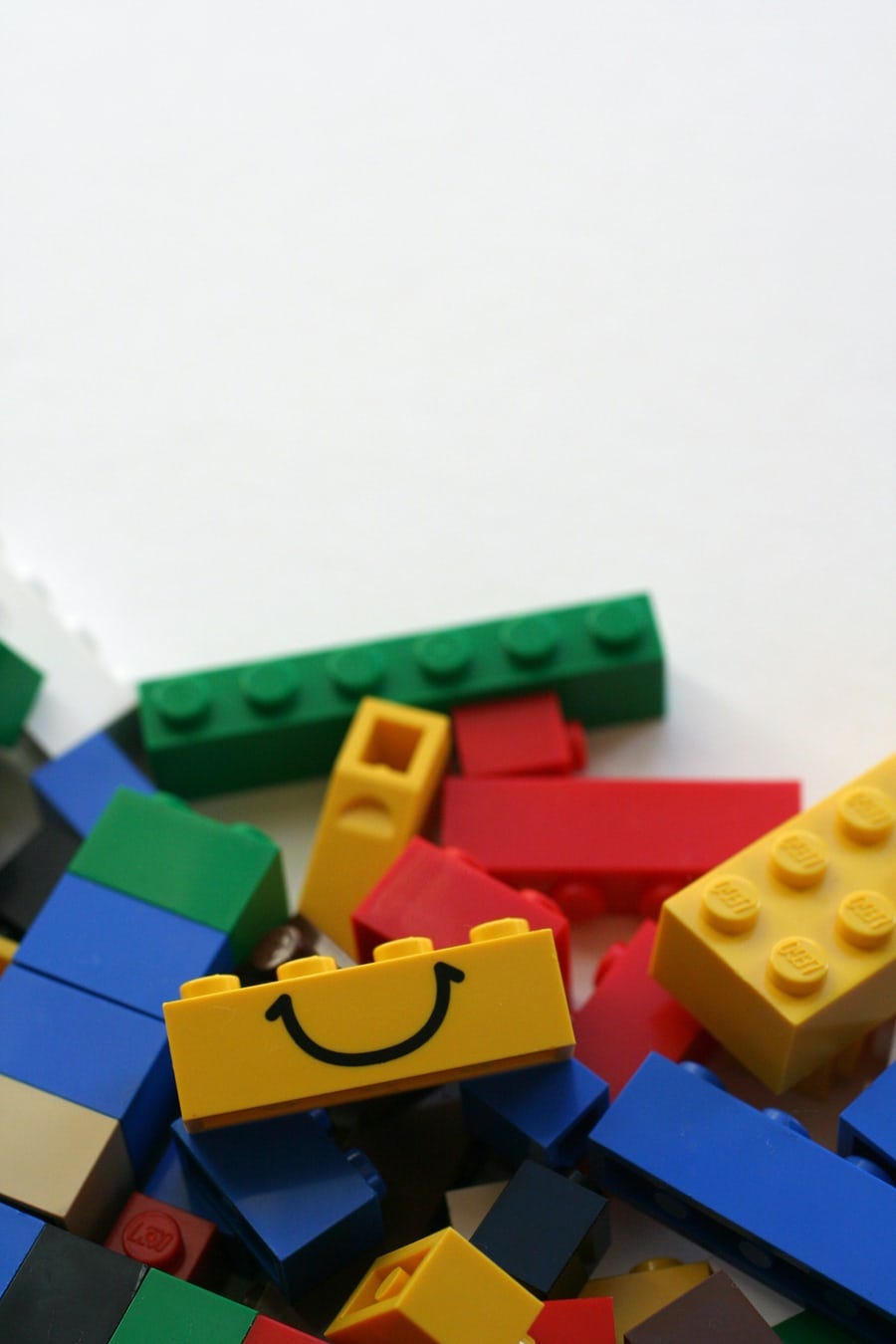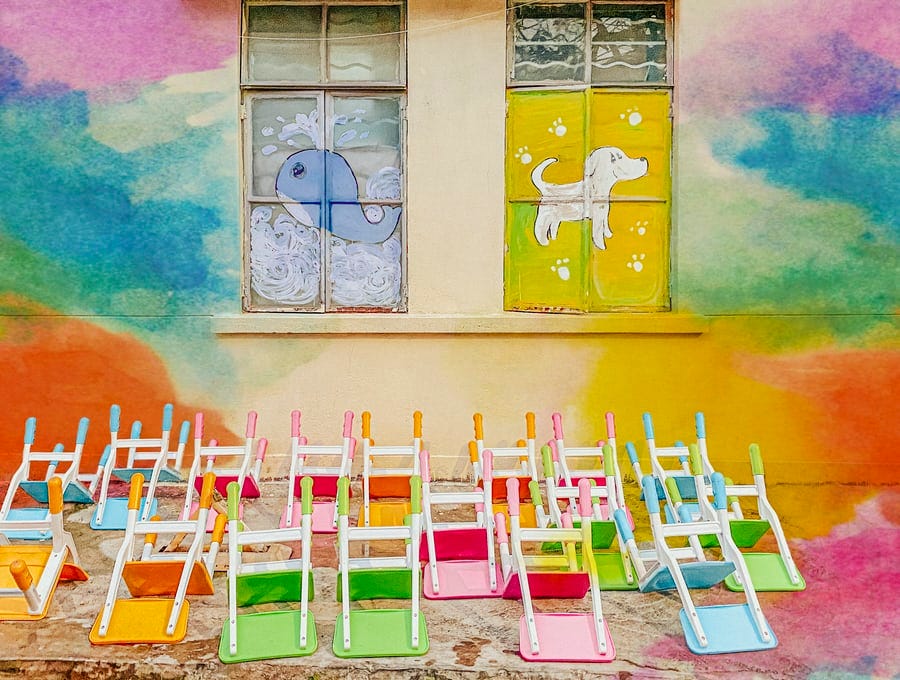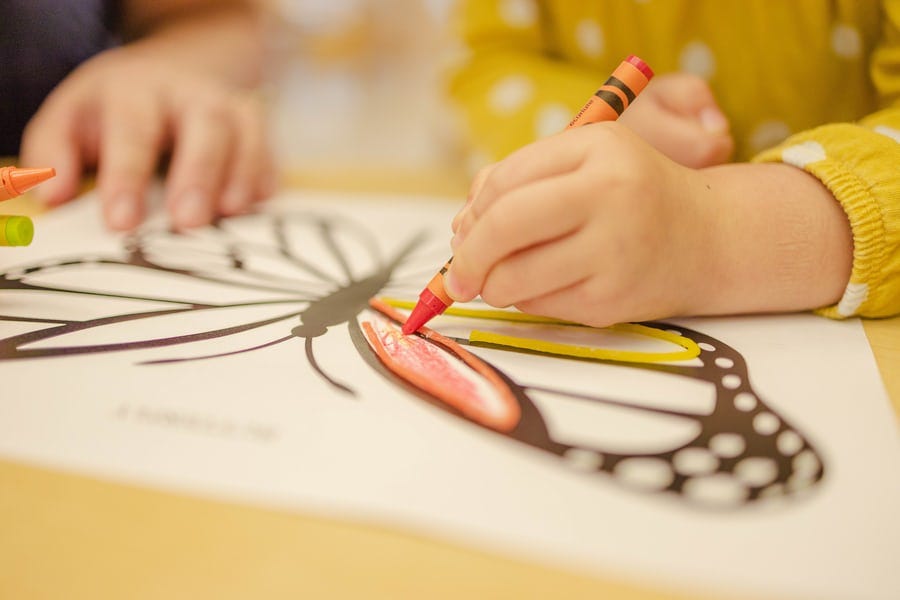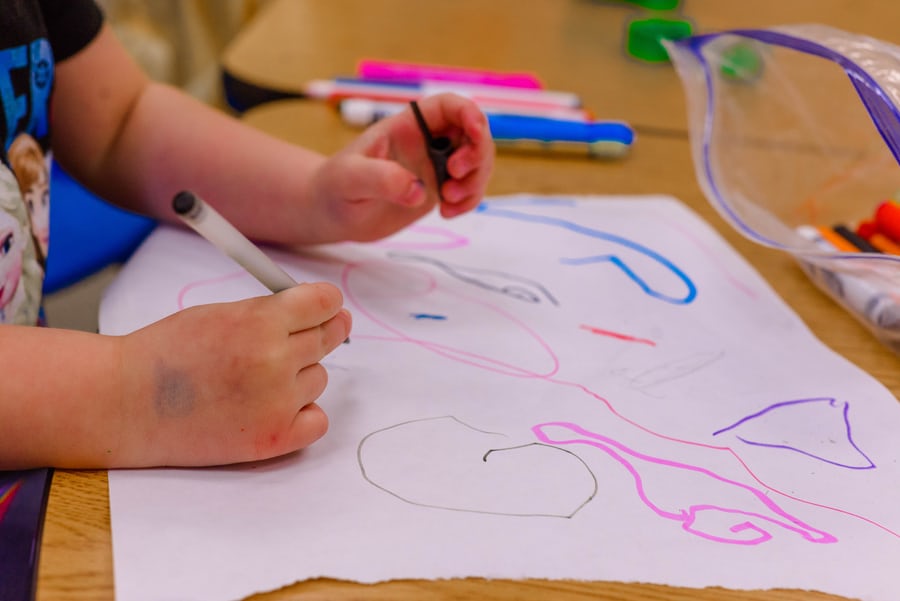Kindergarten is often overlooked by parents and the least popular grade.
After all, it’s only kindergarten for goodness sakes!
What could you possible learn? Derivatives or how to bake a 10-layer cake?
However kindergarten, known as the easiest educational experience a child will probably ever go through, is the most vital part of their upbringing and directly correlates to performance and success later on in life.
Arguably there’s no other place that dictates one’s life trajectory as much as in kindergarten. It’s a magical place but most parents, especially Americans aren’t convinced.
Times Tables
Kindergarten is severely neglected since majority of parents choose not to even bother with pre-kindergarten (Pre-K) in the first place. About 4 million children enter kindergarten per year in the U.S. while 35.5 million attend elementary through middle school and 15.3 million in high school.
Elementary school seems to be the most popular time to learn and after that, high school seems to be neglected which can be due to a myriad of reasons from cost to child support and personal disinterest in learning to start earning instead. Compared to other continents such as in Europe where education is free, kindergarten is required as it’s strictly known as “play and socializing time”, necessary tools Americans brush off.
Clearly, the U.S. is too stern about school from the cost to the way they teach kids that is incentivizing parents to practically not go with it!
From an entrepreneurial perspective, banning kindergarten sounds like a prudent choice to make. Saving money to let your kids roam freely in the yard, watch Arthur all day, stay curious and be independent on their own is the pre-startup routine.
The only major dilemma that brings up is at the center of society. Kids aren’t socializing that way with anyone outside of their family. No matter how superb your 12 year old sister’s vocabulary may be or if your father is an English teacher himself, getting out of the house to get to know people that don’t look like you, don’t know you, don’t come from where you are, know a different language, wear different clothing, eat different foods, have insane varying nap times and own unique toys are all pertinent to the success of a child.
Exposure to something new is what we all crave. We are curious creatures and similarly to the average homebuyer who stays in their home for 5 years, the average kid can’t last more than 30 minutes on one thing. We are not made to be alone. Just look at the staggering depression and loneliness rates throughout the pandemic. We need others in addition to our family to stay sane and learn how to survive in life.
Our short attention spans mixed with an eagerness for change are all cravings humans have and in higher education, that’s another skill that seems to die off as tests replace it.

Make a Mess?
Staying constantly curious, breaking the rules, eating at a certain time, doing x amount of homework, sitting with designated kids in a table and learning a certain way can seem detrimental but in fact, these are all ways to interact, something we all need to brush up upon.
Surprisingly, people are horrible communicators. We don’t know how to listen which leads us to communicate inaccurately with others. We don’t know what to take out of a conversation and move it forward. That explains why the most popular word in almost every language is “I”.
Thankfully kindergarten fixes that. It isn’t perfect and there are still boundaries, rules and certain age old practices that need to be followed, but all in all, it’s the best way for your child to get engaged and exposed to interaction, listening and sharing, something we missed big time during this pandemic.
ABCs
The pinnacle growth years are when our brains absorb and remember as much information as possible and act like sponges. This happens during the ages of 5–15 years. Past then, our brain slowly stop growing and it’s harder to remember information, make solid memories and digest information in a fun, fascinating way. At 21, our brains start stagnating. Everything seems bland after 15 or so, at least for me, especially in HS as students are taught to memorize information that goes in one ear out the other. No tangibles, goofiness or playgrounds. Not even physical pen and paper anymore. Just tablets, lectures and tests.
As opposed to good old kindergarten, it’s all about interacting with the world, using our senses and getting to know what we can do. It is by far the most pertinent years of a child’s life because it’s the introduction and foundation to school and learning. Kindergarten isn’t intended to teach a lesson on a specific topic of science or get through a textbook’s worth of material. Instead it’s for pure fun and to help students grow up and become mature, responsible, humble adults with good ears. Past kindergarten, I practically forgot how to communicate since grades came first and the only thing I could think about.
From learning how to follow rules to a schedule, this curates responsibility and habits, something that can certainly go overboard as everything in moderation is key yet for the most part, establishing healthy habits can be imperative to planning, prioritization and managing work life balance.
I’m convinced the reason kindergarten occurs during the prime years isn’t so much due to the fact that it’s the first years of real institutionalized learning rather it is one of the only and last years of having fun and no worries/responsibilities 🙁
I’ve never heard a high scholar talk about how fun their day was at school let alone an elementary or middle school student say the same. Past a certain grade, school gets too serious and although it’s necessary to equip kids for the seriousness but also ridiculousness of the world, humor could be implemented.

Sunshine and Rainbows
We are too serious of a society. We need to take a chill pill and enjoy the journey. Life is short and adding laughter into our days will naturally make it better.
I regret sweating the small stuff all too often past kindergarten.
We are too much in our heads and try to impress everyone we meet. When we hit a certain age, typically puberty, we start to adopt a different persona and harness our ego. We buy the clothes others like, no matter if it’s comfortable or hideous and kills our bank account and hang out with certain people to snap a photo before someone ever sees us alone.
We are obsessed with the wrong things and until we get into college and experience the real world not fantasy online and high school drama, we start to appreciate having fun and life again.
It’s like a tidal wave. We have too much fun when we’re kids, we laugh at how much fun we did and become serious as teens, then we reflect and regret why we laughed at what we did instead of laughing in the moment as adults.
In fact, one of my ultimate regrets in life is not having enough fun. I was too serious as a student. I didn’t add humor into my days and wasn’t goofing off as much as I should’ve.
Seriously, since middle school, I worked every summer, winter and spring break. Don’t get me wrong, it taught me the best networking, soft and money management skills and every paycheck does add up but I would’ve liked to have enjoyed my favorite season as well a bit too.
What’s the point of not living, especially as a kid?
I put my own responsibilities on myself.
It most definitely helped me be a top student, be admired by teachers to help me with referrals and get me into NYU and all, but if I chillaxed a bit, I’m sure I would been at a perfectly fine place with more fun, less headaches and wrinkles.
So this is my message to you. Don’t wait to have fun, live it up now and whether you are in graduate school to 40 years into the job, take every opportunity as a learning opportunity. Life isn’t that serious, especially politics. Adults are just older not always wiser. They are just serious because they don’t want to be embarrassed about having fun but everything would be better and I’m sure results would be as high, possibly better if we had a little more fun.
Just look at France and what they are up to with their 15 hour work weeks and 3 hour lunch breaks! You can read here. No wonder they live longer than Americans. They don’t sweat the small stuff, prioritize having fun and pre-K!

Back to the Basics
Getting started with learning something can be daunting and humiliating since we never want to showcase what we DON’T know only what we DO know. Yet in your prime years in kindergarten, when you are young, you clearly don’t know anything so you don’t care and have 10x more fun with it! Less expectations = more fun, more results and higher success!
Since we can’t go back in time and pretend we don’t know anything, don’t impress anyone expect yourself ever. No one knows what you do or don’t know. You could be great at something and mediocre at something else. That’s normal. We all know something no one else knows and that’s the beauty about getting to know someone different. Identical twins aren’t identical in knowledge, only appearance.
Strive to be a open-minded generalist, not a close-minded specialist. Kindergarten teaches us 4 different subjects in 1 class in 1 day. In HS, there’s 2 hour classes of English and Spanish 2x a week.
It all comes down to those kindergarten skills to be successful in life.
According to The NY Times:
“A promising approach to human capital lies in the exploration of non-cognitive skills — perseverance, punctuality, self-restraint, politeness, thoroughness, postponement of gratification, grit — all of which are increasingly valuable in a service-based economy. Non-cognitive skills have proved to be teachable, especially among very young children.”

